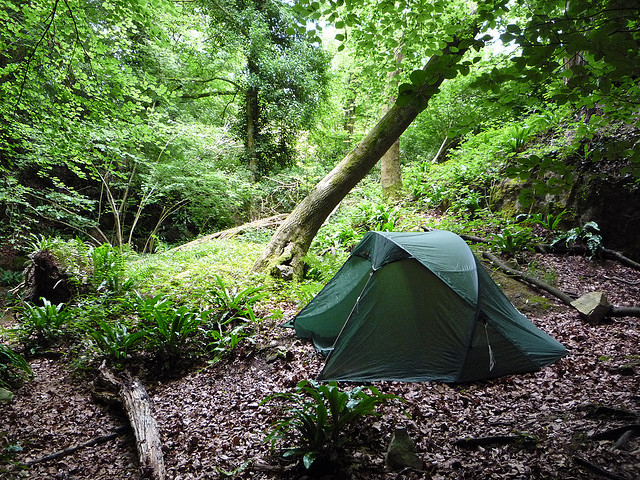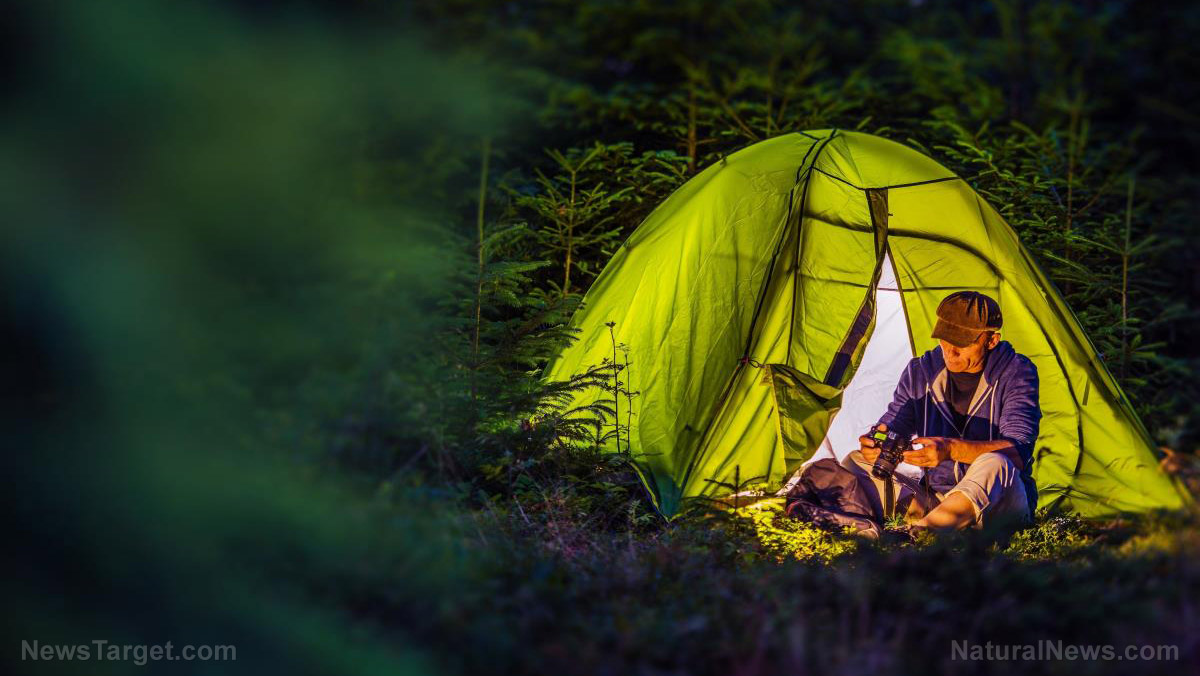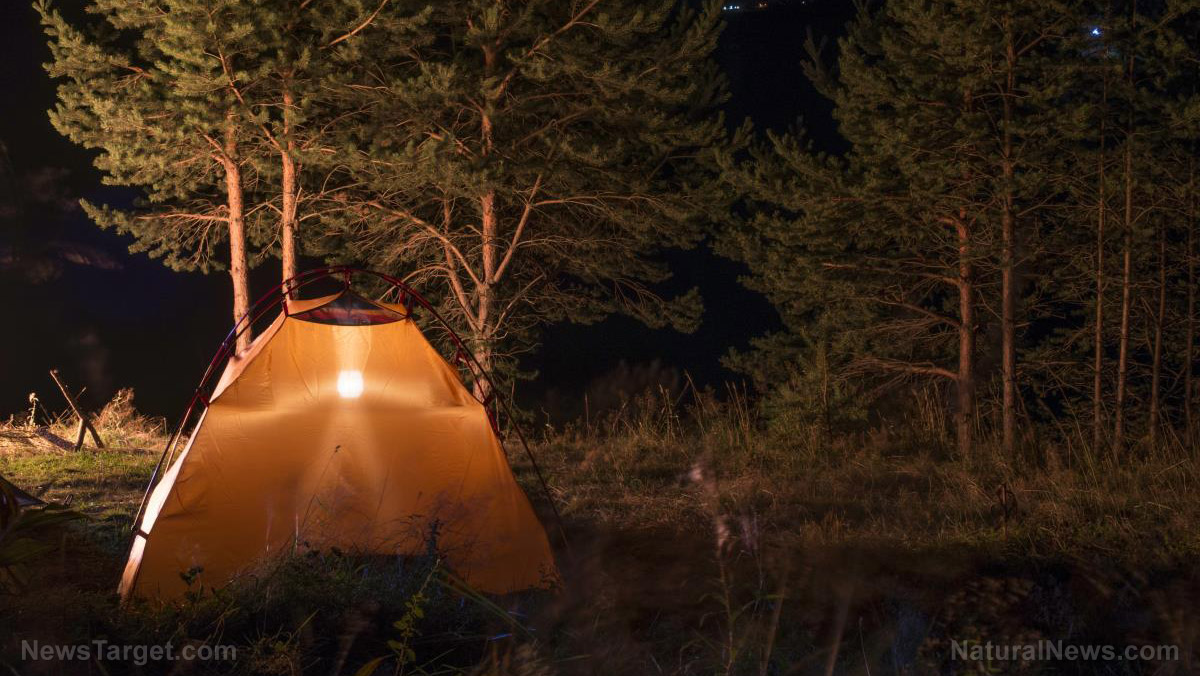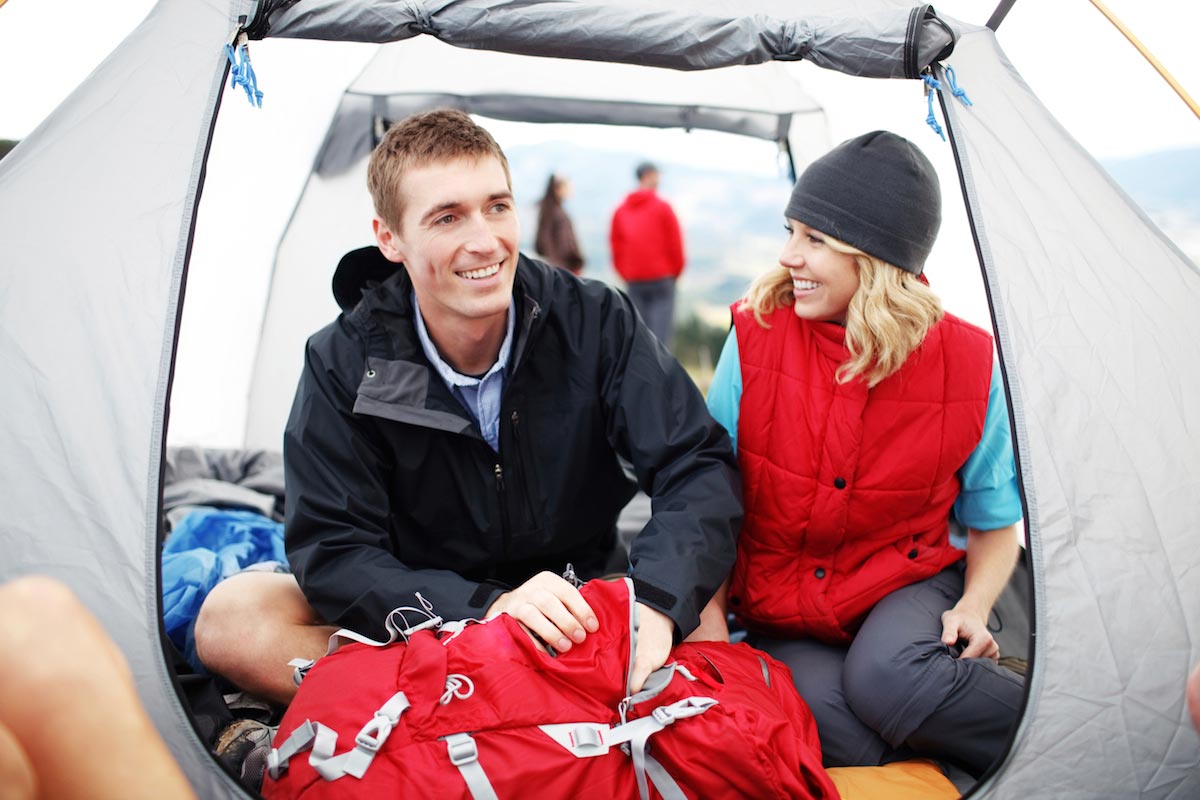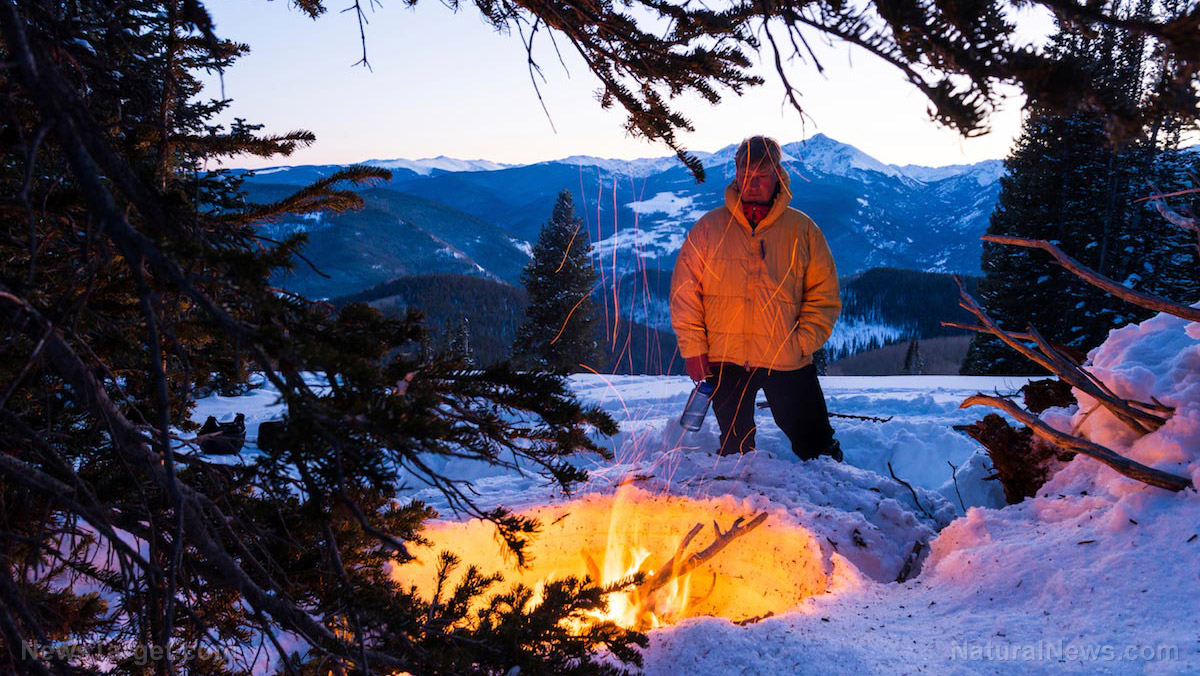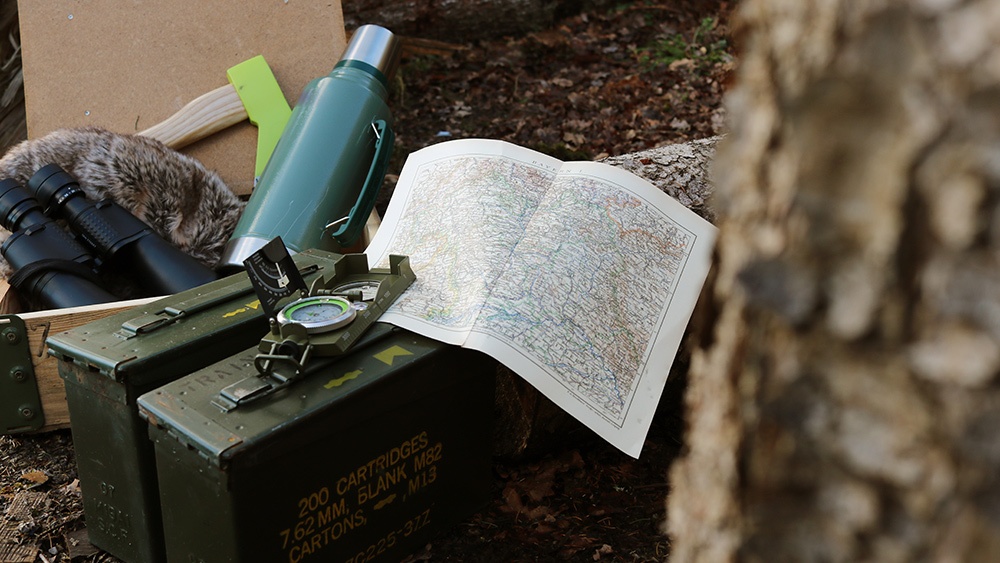Basic mistakes of wilderness survival and how to avoid them
By Russel Davis // Jan 18, 2018
TAGS: camping, hiking, navigation skills, preparedness, prepping, survival, survivalist, wilderness, wilderness prepping, wilderness skills, wilderness survival

The wilderness can be treacherous and unforgiving, especially for those who are poorly equipped with the essential survival skills. It is always important to have the right attitude and mindset before venturing out into the wilderness and once adversities and challenges set in. It might be helpful to avoid the following habits in order to improve the chances of survival.
- Miscalculating and underestimating the risk – This is probably one of the biggest mistakes that a person can commit when camping or hiking in the wilderness. According to an entry posted on the Outdoor Life website, most survivalists tend to overestimate their skills and disregard potential dangers along the way such as unexpected weather disturbances and animal attacks.
- Poor route, area knowledge – It is no secret that unfamiliarity breeds consequences. Having inadequate knowledge of the area you are venturing out into will make you susceptible to being lost, and thus will surely put you in harm's way.
- Lack of navigation tools – Having the appropriate navigation tools such as map, compass and GPS are just as essential as having a background knowledge of the wilderness.
- Ignoring safety against flash floods, wildfires – Deliberately disregarding safety practices, such as camping on high grounds to avoid flash floods or knowing the preventive measures against wildfires, will definitely take a toll on survival, a Survivopedia article stressed.
- Laziness – Having a lazy disposition may also reduce the likelihood of survival in the wilderness. Being with lazy people may be detrimental to survival as these people will slow down and even halt the progress of tasks designed to ensure safety.
Consider the necessities
Having the right mindset is not enough to survive in the wilderness. It is also important to always take note of the basic necessities in survival and know how and where to get them. (Related: High altitude survival: What you need to know about making it in the mountains.)
- Water – While it is true that the human body could not last long without water, campers and survivalists should not just jump into the next stream they see. According to a Survival Cache entry, waterborne organisms such as Cryptosporidium and Giardia can cause severe diarrhea and vomiting. This may lead to stomach cramps, diarrhea, vomiting, dehydration and weakness.
- Food – Another common mistake that may compromise survival is the lack of basic knowledge of foraging, hunting and preparing food in the wilderness. Birds, game meat and reptiles are considered safe to eat once proper cleaning is done.
- Fire – Fire is a basic survival commodity as it is important in cooking, temperature control and even signaling. Not knowing how to start a fire will surely doom your survival.
- Shelter – Inadequate knowledge of building a shelter will render you susceptible to the elements. Many stories about failed survival in the wilderness entail exposure to harsh climate, which often manifests as hyperthermia or heat stroke.
- Clothing – Clothing is just as essential to survival as shelter, as they also protect a camper against the elements. Preparing and wearing the right clothes according to the area's climate may help boost survival.
Want to know more about preparedness and survival essentials? Survival.news will get you covered on all these topics and more.
Sources include:
Related Topics
camping hiking navigation skills preparedness prepping survival survivalist wilderness wilderness prepping wilderness skills wilderness survivalLatest News
05/23/2023 / By Ethan Huff
05/23/2023 / By Ethan Huff
05/23/2023 / By Ethan Huff
05/23/2023 / By Kevin Hughes
Related News
01/17/2023 / By Olivia Cook
10/12/2022 / By Zoey Sky
10/11/2022 / By Zoey Sky
02/25/2022 / By Zoey Sky
12/07/2021 / By Divina Ramirez
10/13/2021 / By Virgilio Marin
09/10/2021 / By Zoey Sky
Take Action:
Support NewsTarget by linking to this article from your website.
Permalink to this article:
Copy
Embed article link:
Copy
Reprinting this article:
Non-commercial use is permitted with credit to NewsTarget.com (including a clickable link).
Please contact us for more information.
Please contact us for more information.















